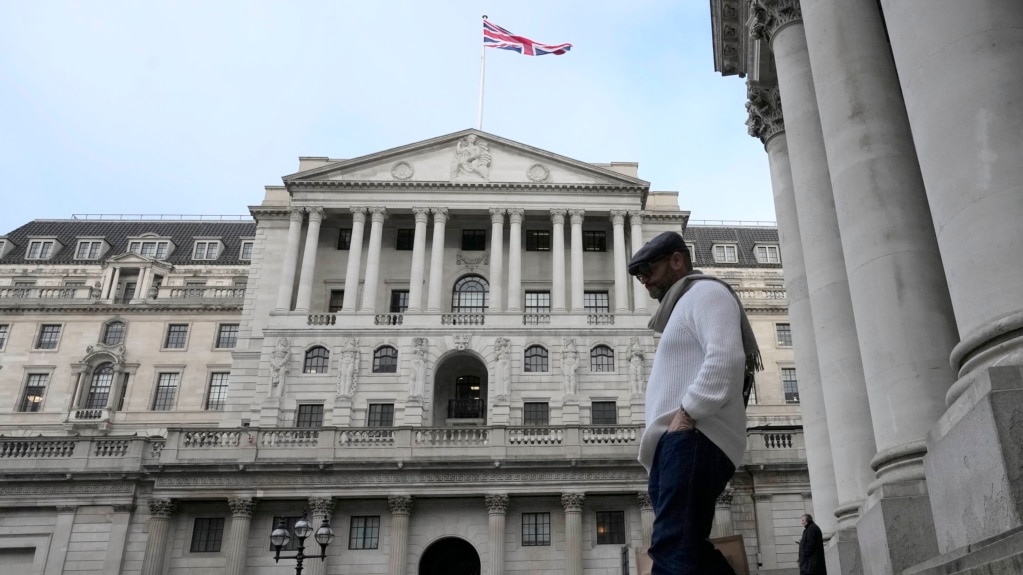The British government is taking another step toward launching an official digital currency.
British officials said this week they plan to gather public comments on whether the country should establish a digital version of the pound. The decision comes nearly two years after Britain’s Treasury and the central bank, the Bank of England, confirmed they were considering the launch of a digital currency.
If created, a digital pound would be issued by Britain’s central bank, not by private companies. The Bank of England would set the digital currency’s value. Digital currencies are also known as cryptocurrencies.
British proposals for an official digital currency suggest individuals would not hold accounts directly with the Bank of England. Instead, they would hold accounts with private digital wallet providers. Holders of the currency would be able to use it to pay for goods and services electronically.
Britain’s Finance Minister Jeremy Hunt said in a statement, "While cash is here to stay, a digital pound issued and backed by the Bank of England could be a new way to pay that’s trusted, accessible and easy to use."
Hunt added that the government is interested in investigating different possibilities for an official digital currency, while also taking steps to protect the finances of users.
Bank of England Governor Andrew Bailey said all elements of a digital currency system – including privacy issues – need to be considered. Gathering public opinions on creating a digital pound marks the beginning of “what would be a profound decision for the country on the way we use money," Bailey said.
British Prime Minister Rishi Sunak had asked Britain’s central bank to examine the possibilities of a national digital currency while he was serving as finance minister in 2021.
So far, 11 countries have launched digital currencies. The U.S. Federal Reserve and the European Central Bank have both considered launching official digital currencies.
Supporters of such currencies say they make digital business easier and less costly. Such currencies can also make the financial system available to people who do not hold bank accounts.
But digital forms of currency also present risks, including internet attacks, privacy concerns and the danger that they can be misused by criminals.
The cryptocurrency industry has been hit with a series of problems in recent months. Crypto crashes led to large losses last year. And the collapse of crypto company FTX in November led to fraud charges against FTX founder Sam Bankman-Fried.
Former Bank of England Governor Mervyn King recently said he thinks a digital pound would have risks but “no obvious benefits.”
King, who is currently a member of Britain’s House of Lords, added that state-backed digital currencies may be useful in countries that do not have effective banking systems. But he said he does not believe this is the case in Britain.
“We need to be selective and not driven by a misplaced enthusiasm for all things crypto,” King said.
I’m Bryan Lynn.

